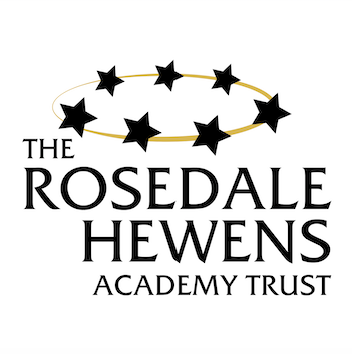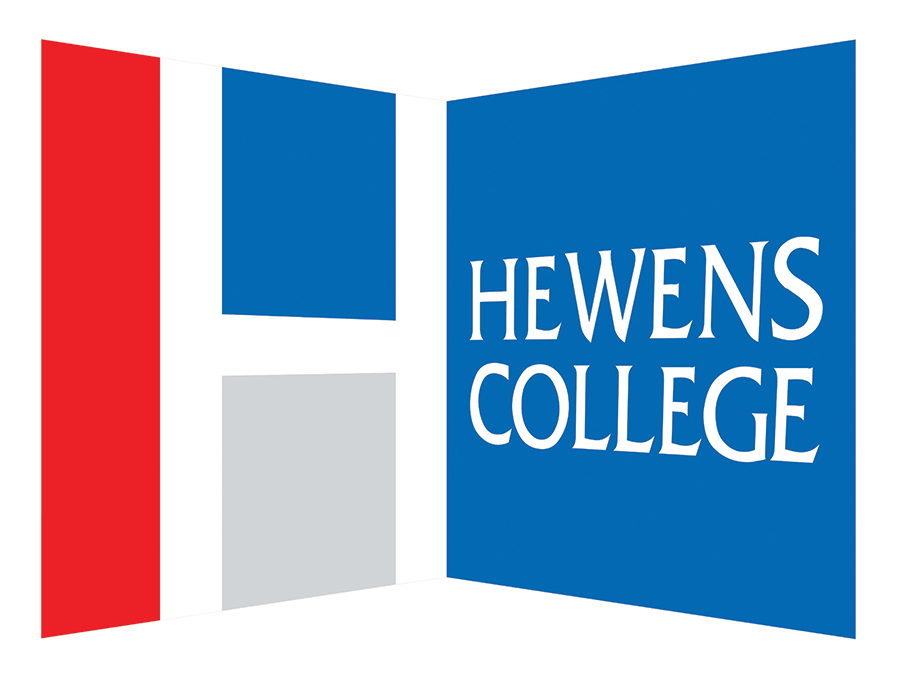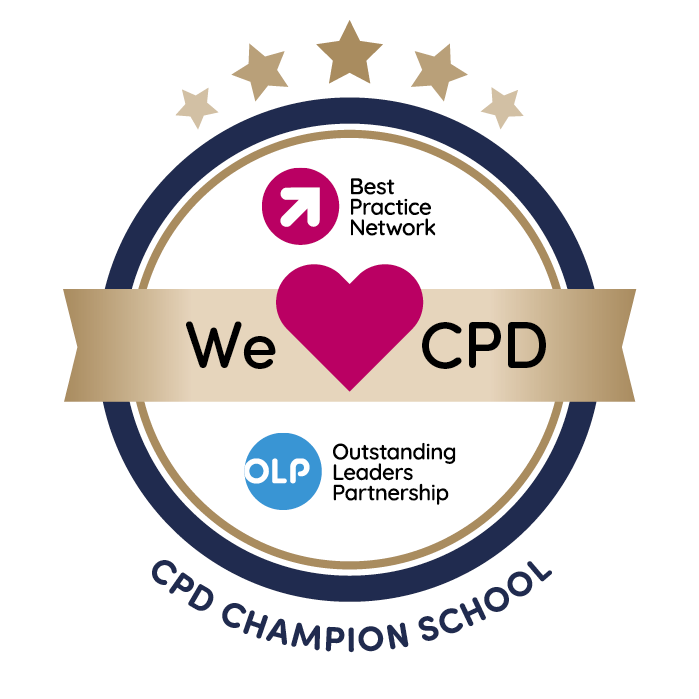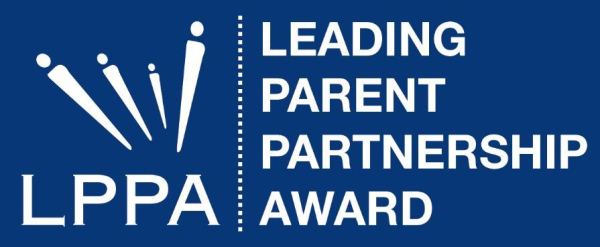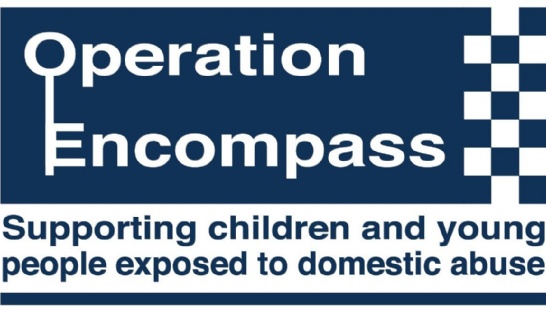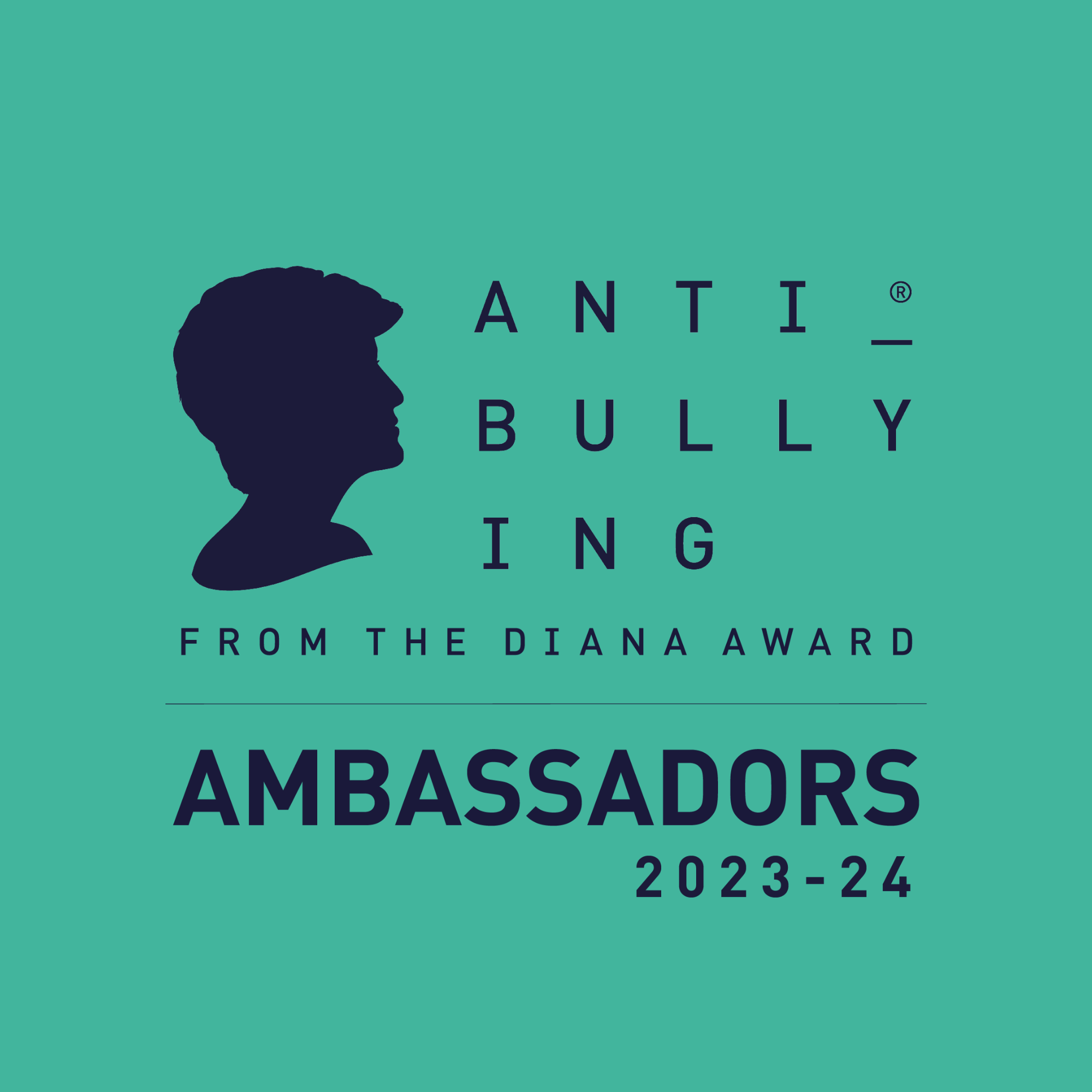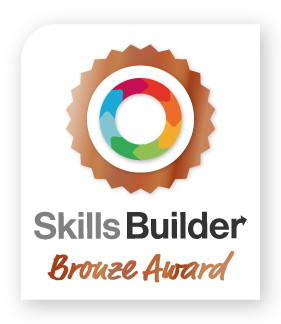Careers and Guidance
What is Careers Information, Advice and Guidance (CIAG)?
We have a statutory requirement to provide students with careers information, advice and guidance. Students need to be given information on a range of choices to help them make well-informed, realistic decisions about their future options in education, training and employment. This information should be independent, impartial and in the best interests of the student.
Good careers education will support students in choosing their GCSE options, improve motivation, raise aspirations and encourage engagement in education. As a result of the increased choice in education options and pathways available, students may be required to make significant decisions surrounding their education from a much younger age.
At Hewens College, we have a structured careers programme to support students in their decision making choices at different stages of their education.
All students have the opportunity to have a careers meeting. Throughout the year there are presentations and workshops in College with both College staff and external organisations.
We promote extra curricular activities so that students make the most of the opportunities available to them, which can also contribute to Post 16, apprenticeship and university applications.
The College uses the Education and Development Trust’s ‘Employability and Careers’ programme. You can find out more information about them here: Click to view
The Gatsby Benchmarks
The College’s Careers Strategy is underpinned by The Gatsby Benchmarks. These are eight areas of best practice, identified as:
1. A stable careers programme
The College should have its own careers programme in place which meets the requirements of the other seven Benchmarks, showing how they come together into a coherent strategy that is embedded in College structures.
2. Learning from career and labour market information
Every student, and their parents, guardians and carers, should have access to good quality information about future study options and labour market opportunities. There is a significant mismatch between the careers that young people want to pursue and the opportunities available. Labour market information can help young people to understand the salaries and promotion opportunities for different jobs, and the volume and location of vacancies across different sectors.
3. Addressing the needs of each student
The College careers programme should raise the aspirations of all students but also be tailored to individual need. The College should consciously work to prevent all forms of stereotyping in the advice and guidance they provide, to ensure that young people from all backgrounds, gender and diversity groups, including those with special educational needs and disabilities, consider the widest possible range of careers.
4. Linking curriculum learning to careers
Subject teachers should also support the College’s approach to careers education and guidance. The curriculum offers excellent opportunities for developing the knowledge and skills that employers need and subject teachers can be powerful role models to attract students towards their subject and the careers that flow from it.
The College should ensure that students study the core academic subjects at GCSE – English, mathematics, science, history or geography and a language – the English Baccalaureate (EBacc). The College should support students to understand that these are the subjects which provide a sound basis for a variety of careers beyond the age of 16, and can also enrich students’ studies and give them a broad general knowledge that will enable them to participate in and contribute to society.
The College should make clear to pupils that if they do not achieve a grade 4 or better in GCSE mathematics and English by the end of Key Stage 4 they will be required to continue working towards this aim as part of their 16-19 study programme. This is because of the vital importance and powerful labour market value of securing a good standard in maths and English.
5. Encounters with employers and employees
There is strong research evidence about the impact of employer engagement on students’ future prospects and earnings in adult life. A study conducted by the Education and Employers Taskforce found that where there were higher levels of employer contacts, in the form of careers talks with outside speakers, this was linked to higher returns to individuals in the labour market.
6. Experiences of workplaces
In addition to college-based encounters with employers, students should have first-hand experience of the workplace.
7. Encounters with further and higher education
Most students will be more immediately concerned with the next stage of their study and choosing the right Post-16 and Post-18 options rather than choosing the right occupation. It is important that young people realise that all of their educational choices have implications for their longer term career.
The College should encourage young people to consider what career options different educational choices open up and close down. Under raising the participation age (RPA) requirements, all young people in England are required to continue in education or training until at least their 18th birthday. The College must make sure that young people are clear about this requirement and what it means for them.
8. Personal guidance
Every student should have opportunities for personal guidance interviews with a qualified careers adviser whenever significant study or career choices are being made. Careers advisers can help students to locate ambitious education and career options, by identifying opportunities and assessing students’ abilities, interests and achievements.
Providers wishing to come into the College to share information about their courses can find our Provider Access Statement here: Click to view
9. Career Options
There are lots of other useful resources and websites you can look for further information about possible career options. These include:
- Success at School - Success at School is the place for young people to explore careers, get the lowdown on top employers, and search for the latest jobs, courses and advice
- iCould - Careers quiz, as well as videos for inspiration and articles about different careers and industries
- Start – Get personalised suggestions of careers suited to your personality, interests and skills
- Career Pilot - Use Career Pilot to research a wide array of different roles and sectors
- Careers Box TV - Exploring and listening to information about potential careers
- National Careers Week - Events and activities during National Careers Week
- Careers4u - Videos from professionals in a wide variety of careers and sectors
- All About Careers - Take a careers test and explore different types of careers
- Careers Gateway - Links to information about careers and higher education
- UCAS - Search for Post 16 courses and colleges
- Health Careers - Jobs and careers in the health and medical sector
- Social and Health Careers - Social and health careers, videos and interactive website
- Future Morph - Careers using science and mathematics
- Creative Careers - Information about creative careers, including college courses, open events and apprenticeships
- National Volunteer - Become a volunteer
- Life Skills - This is a really useful website that you can work through to build employability skills and win the chance to do work experience
- Not Going Uni - The Not Going to Uni team helps you find apprenticeships, college courses or work experience to start building your future
- Glassdoor - Labour market information and all you need to know about a profession
- Careers Box TV - Exploring and listening to information about potential careers
- Go Think Big - Tips and tools to explore careers and advice on getting work placements
- Target Jobs - Fill out a questionnaire and get a tailored careers report
- Student Ladder - Information and advice for all stages in your journey towards your career
- Talking Jobs - Interviews and videos from different people working in a variety of careers
- Moving on Magazine - Potential choices after leaving school
- Careers Gateway - Links to information about careers and higher education
- Bright Knowledge - Careers, education and student life
Careers Lead contact information
Students, parents, guardians and carers and employers can access further information about the careers programme by contacting Marlene Littlefair Principal: Hewenscollege@trhat.org.
You can view the College’s careers programme, and how the College measures and assesses the impact on students, here:
Click to view
This information is due for review in July 2024.
Additional support for students
The Prince’s Trust has some really useful guidance for students and their families here: Click to view
The National Careers Service provides free information, advice and guidance to help you make decisions on learning, training and work opportunities. The service offers confidential, helpful and impartial advice, supported by qualified careers advisers. From developing your CV to improving your interview skills, its website has lots of useful tools to help you make the right choices about your future. You can find out more here: Click to view
The Careers Writers Association have information on their website to support parents, guardians and carers with impartial advice about careers: Click to view
You can read our Careers Information, Advice and Guidance Policy here: Click to view

